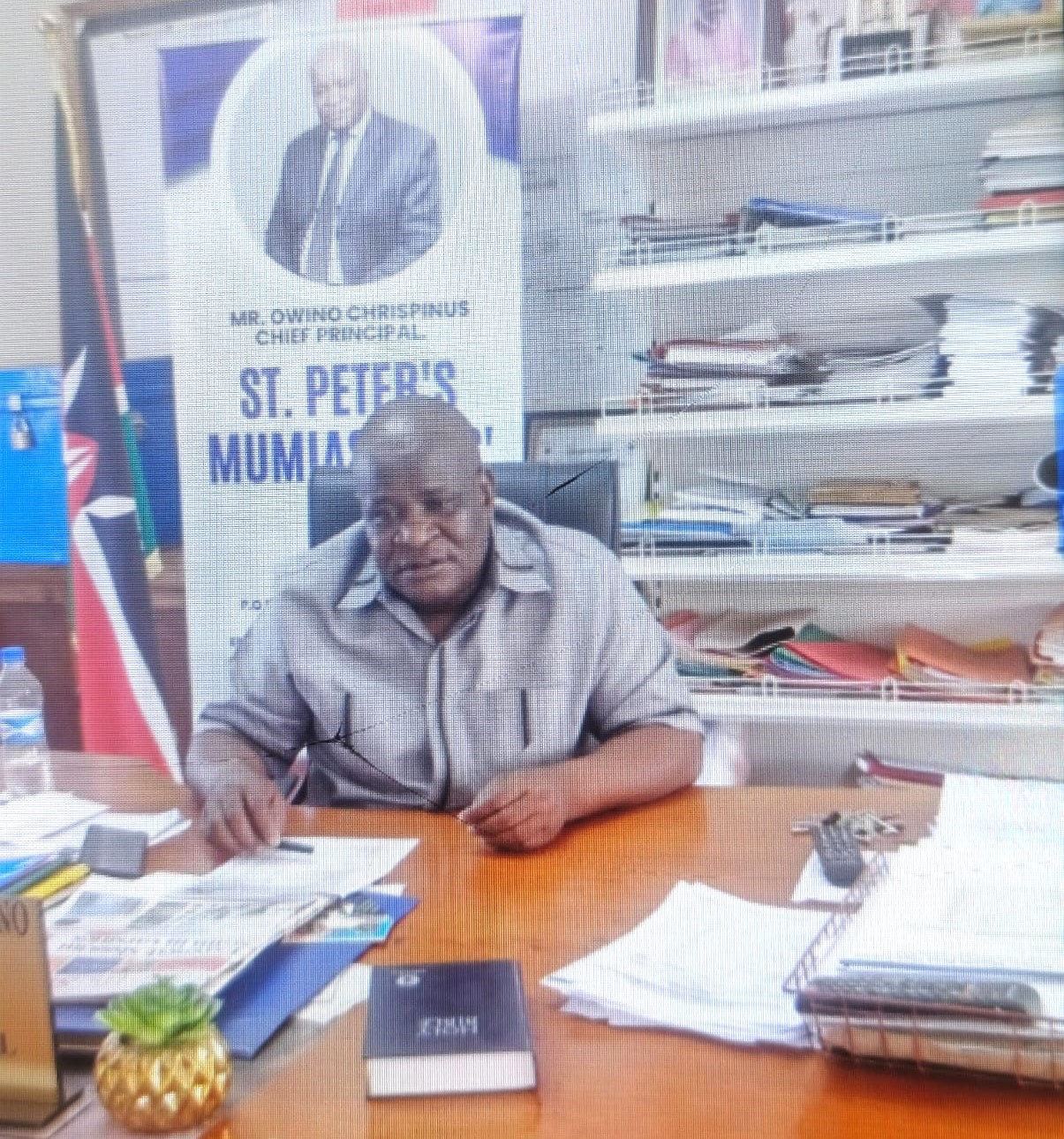Around the world, students have penned some of the most powerful letters to their former teachers – letters that capture more than gratitude. They bear witness to silent sacrifices, lasting lessons and emotional transformations born not in grand halls but in dusty classrooms, makeshift shelters, or even under trees. These letters are not mere thank-yous; they are testimonies to how a teacher’s belief can alter the course of a life, how a kind word spoken at the right moment can pierce through the fog of doubt, and how teaching, when done with the heart, becomes an eternal act.
A Harvard Law graduate from Ghana once wrote to his first-grade teacher, recalling lessons under a mango tree. The teacher had no textbooks, no chalkboard, and no shoes, but he had the kind of resolve that could not be bought or broken. He read stories aloud, using twigs to draw letters in the dirt. “You gave us the world with nothing in your hand,” wrote the student. “Today, when I speak before judges, I remember how you made me speak before goats to practise my English. You made me believe I belonged in rooms that hadn’t yet heard my name.”
In a Syrian refugee camp in Jordan, a 14-year-old girl named Amira gave her teacher Clara a folded note on the last day of class. It said, “I came with no shoes and no hope. You gave me a pencil and called me by my name. That was the first time I felt human in months.” Clara had not only taught arithmetic and Arabic. She had rebuilt dignity using eye contact and small kindnesses. Amira had been silenced by bombs and buried traumas but a gentle teacher had uncovered the child beneath the rubble.
In the United States, a former inmate named Jamal wrote to his GED teacher from community college. “You saw a student where others saw a statistic,” he said. He remembered how she refused to lower expectations for him, even when he failed. “When I said I couldn’t do algebra, you said, ‘Not yet.’ That word changed everything.” It was not algebra that changed Jamal. It was the belief that someone could see potential in a man wearing prison-issued shoes. He’s now tutoring others, breaking the cycle one lesson at a time.
Malala Yousafzai often speaks of Miss Uroosa, the Mathematics teacher who kept showing up in Taliban-ruled Swat Valley. Despite threats, despite fear, Miss Uroosa taught girls how to add, subtract and think critically. In her tribute, Malala said, “You taught with chalk, but also with bravery.” The blackboard became a shield. The lesson plan became a rebellion. The teacher’s calm courage gave her students a quiet kind of armor. Some of them became activists. Others became doctors. All of them became unafraid
Even global leaders trace their roots to the chalkboard. President Barack Obama wrote to his high school teacher, Mr. Wilburn, who taught him literature and the discipline of thought. “You didn’t just teach me how to write a sentence,” Obama said. “You taught me how to weigh ideas, how to argue with integrity, and how to imagine the world not as it is, but as it could be.” There is no measure for how far a good teacher’s influence reaches. It may begin with an essay on “To Kill a Mockingbird” and end with the signing of a bill into law.
READ ALSO:
Taylor Swift once acknowledged her music teacher for encouraging her to write songs when others dismissed her lyrics as childish. “You never laughed at my lyrics,” she said. “You said they mattered. You said I mattered. That’s why I kept writing.” Sometimes, teachers do not just teach. They validate. They see. They name what is good in a child before the child has the words to name it themselves. For artists, this is life-giving. For every melody that reached a stadium, there may have been a single classroom where it first found its wings.
In Kenya, a viral letter from a former student praised a village school teacher who never missed a lesson, never asked for bribes and gave extra coaching for free. “You taught under a leaking roof,” the letter read, “but gave us shelter with your words.” The student, now a lawyer, said the teacher had patched her broken confidence with repetition and praise, telling her, “Your brain is not made of mud.” It was the absurd but poetic kind of encouragement that only teachers know how to give. And it stuck.
There is also the letter from a deaf student to her sign language teacher. She had grown up in a world of muffled silence and misunderstanding. Her teacher signed to her gently and persistently until language bloomed in her hands. “You gave me a voice,” she said. “Now I use it to help others be heard.” Not all gifts can be wrapped. Some are passed hand to hand, gesture to gesture, from one life to another, building bridges where there was once only isolation.
From Hiroshima’s ashes came a letter by a Japanese student to her teacher who survived the bombing. Despite suffering burns, the teacher returned to class days later and taught math with trembling hands. “You had burns on your fingers,” the letter said, “but you still held the chalk. You taught us not only numbers, but resilience.” In that moment, education became an act of defiance, a refusal to let terror interrupt the rhythm of learning.
These letters, written in different languages and corners of the globe, all speak the same truth. That a good teacher is not merely remembered – they are carried. In the decisions we make. In the confidence we show. In the fears we dare to face. Teachers build empires inside human hearts. They may never see the full cities they’ve built, but in quiet moments, in unexpected letters, in stories told by grown children with grey hair and trembling voices, their names echo. And in that echo is a kind of immortality that no pension, award or title can give. Great teachers outlive their legacies.
By Ashford Kimani
Ashford teaches English and Literature in Gatundu North Sub County and serves as Dean of Studies
You can also follow our social media pages on Twitter: Education News KE and Facebook: Education News Newspaper for timely updates.
>>> Click here to stay up-to-date with trending regional stories
>>> Click here to read more informed opinions on the country’s education landscape
>>> Click here to stay ahead with the latest national news.






